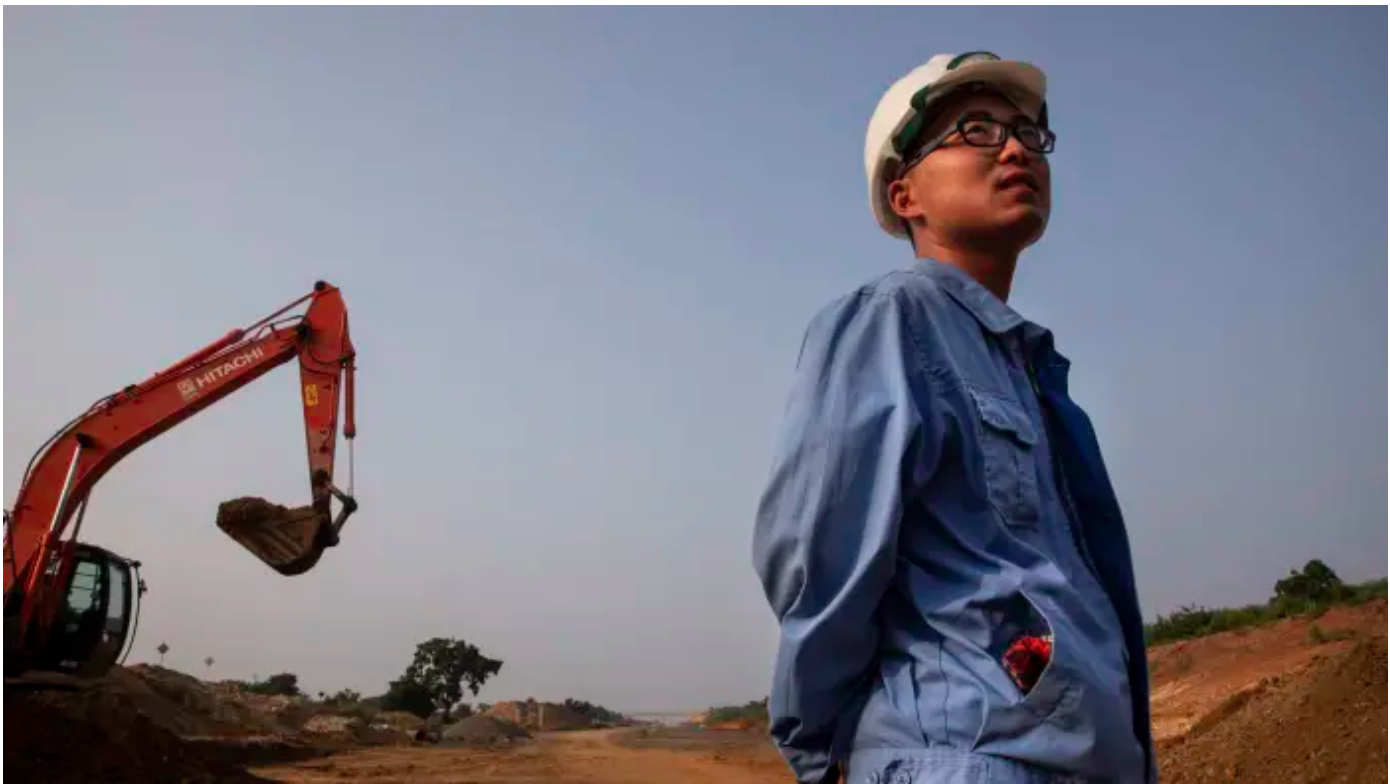China, America and the road to a new world order
Financial Times |

By James Kynge
In an authoritative book to be published in the new year, and which may well become a standard reference, Parag Khanna casts the net wider to deliver a compelling argument that Asia — rather than merely China — is the current and future lodestar for the global economy. “The most consequential misunderstanding permeating western thought about Asia is being overly China-centric,” Khanna writes.
Of Asia’s nearly 5bn people, 3.5bn are not Chinese. China’s huge debts, rapidly ageing population and the crowding out of foreign competition from its domestic market is pulling global attention toward other Asian sub-regions, such as South Asia and south-east Asia. The whole Asia region — which Khanna defines as stretching from the Arabian Peninsula and Turkey in the west to Japan and New Zealand in the east, and from Russia in the north to Australia in the south — is already a behemoth.
It accounts for about 50 per cent of global gross domestic product and two-thirds of its economic growth. But the most arresting statistic in the 433-page tome is this: of an estimated “$30tn in global middle-class consumption growth between 2015 and 2030, only $1tn is expected to come from today’s western economies”.
As this vast undertow of spending power emerges, it will tilt the world. In spite of some “pockets of haughty ignorance centred around London and Washington”, the west appears certain to play a vastly diminished role in global affairs. A wave of Asianisation is set to follow the 20th century’s Americanisation and 19th century’s Europeanisation of the world, argues Khanna.
But what will Asianisation mean? This question is left largely unexplored until the last chapter, perhaps because it is remarkably elusive. Indians no more travel the world identifying as “Asian” than do Chinese, Japanese, Koreans or others from the region. Although regional institutions do exist and are proliferating, a sense of community is far less developed than, for example, in Europe. Khanna does not overstretch his forecasts, wisely restricting himself to a loosely imagined “fusion of civilisations”.